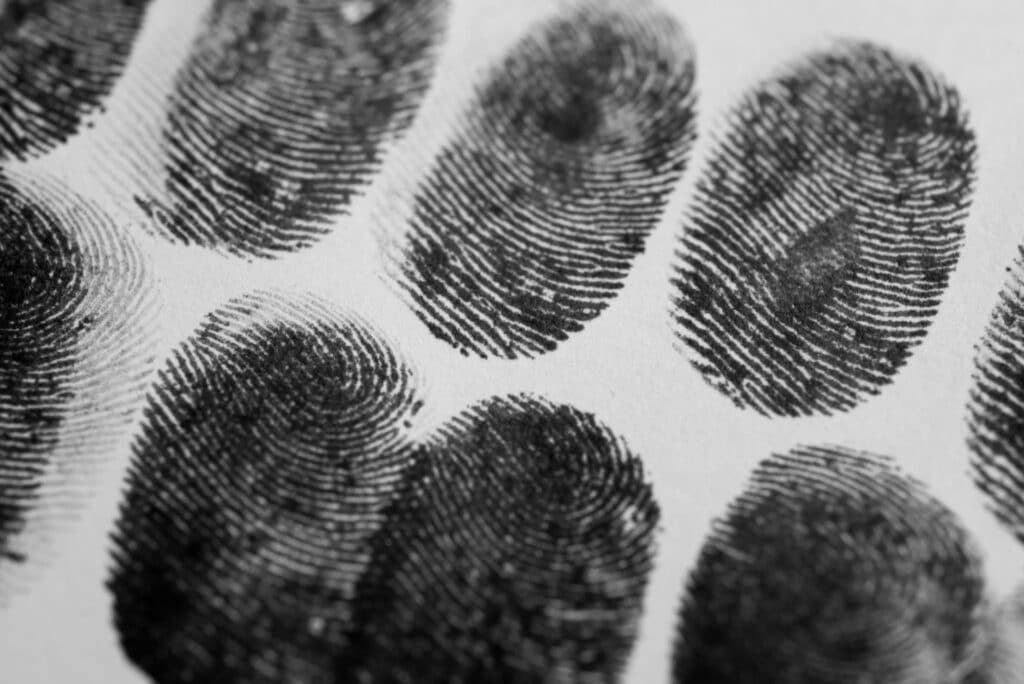One of the problems of living in a country with an adversarial justice system, rather than an inquisitorial one, is that you can count on the prosecutor doing all that he or she can to convict you and pursue the maximum sentence. In this kind of judicial system that is, quite literally, their job. But this fact raises an interesting question: If a prosecutor finds evidence that you didn’t do the crime, what do they do?
In theory, the answer is that the case can go on, but the prosecutor is supposed to turn that evidence over to your defense attorney. In reality, it’s a bit more tricky than that.
The Brady Rule
The rule that requires prosecutors to turn over exculpatory or impeaching evidence – evidence that would either prove your innocence or throw doubt on one of the prosecution’s witnesses – is called the Brady Rule.
The Brady Rule comes from a case from back in 1963, Brady v. Maryland, which went to the Supreme Court of the United States. There had been a murder and two people, John Leo Brady and Donald Boblit, were charged for it. They were put on trial separately. During the investigation for his trial, Boblit admitted to police that he had done the killing. However, when Brady’s attorneys requested Boblit’s statements as evidence in Brady’s trial, the prosecutor kept the one where Boblit admitted to the killing. Brady was convicted, sentenced, and lost on appeal before he ever learned of Boblit’s statement.
When they heard the case, the Supreme Court decided that evidence that had a reasonable probability of impacting a conviction or sentence has to be disclosed to the defense attorney, or else it violates the Due Process Clause.
The Reality of the Brady Rule
While this sounds like a huge win for people who have been charged with a crime, the reality is a little more complex than that.
Because they have access to law enforcement and detectives, it’s the prosecutor who often uncovers most of the evidence in a case. As a result, they can be the ones to find evidence that you’re innocent. Because they have the evidence and your defense lawyer doesn’t yet, it’s up to the prosecutor to determine whether it would have a “reasonable probability” of impacting the case. Because it is the job of prosecutors to get as many convictions and high sentences as possible, they have a strong incentive to come to the conclusion that the evidence does not fall under the Brady Rule, and doesn’t have to be turned over to your defense attorney.
Maine Criminal Defense Attorney William T. Bly
The Brady Rule can be a criminal defense attorney’s best friend. However, blindly relying on the prosecutor can be a bad move. Criminal defense attorney William T. Bly knows this, and fights for your rights to receive the evidence that shows you’re innocent. Contact him online or at (207) 571-8146 for the legal representation you need.


